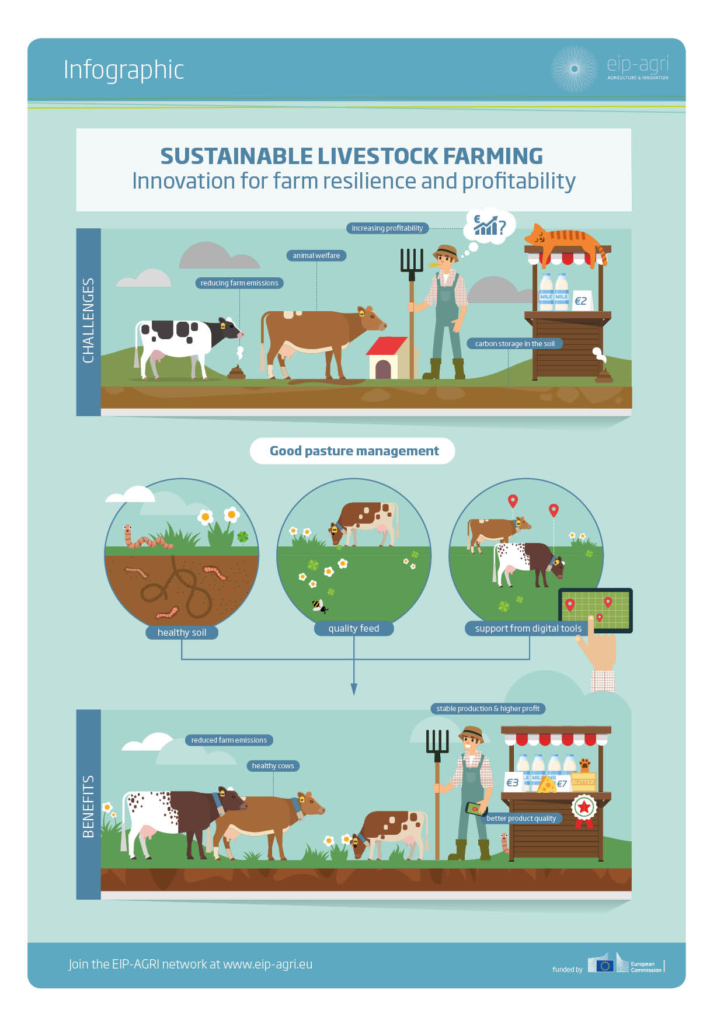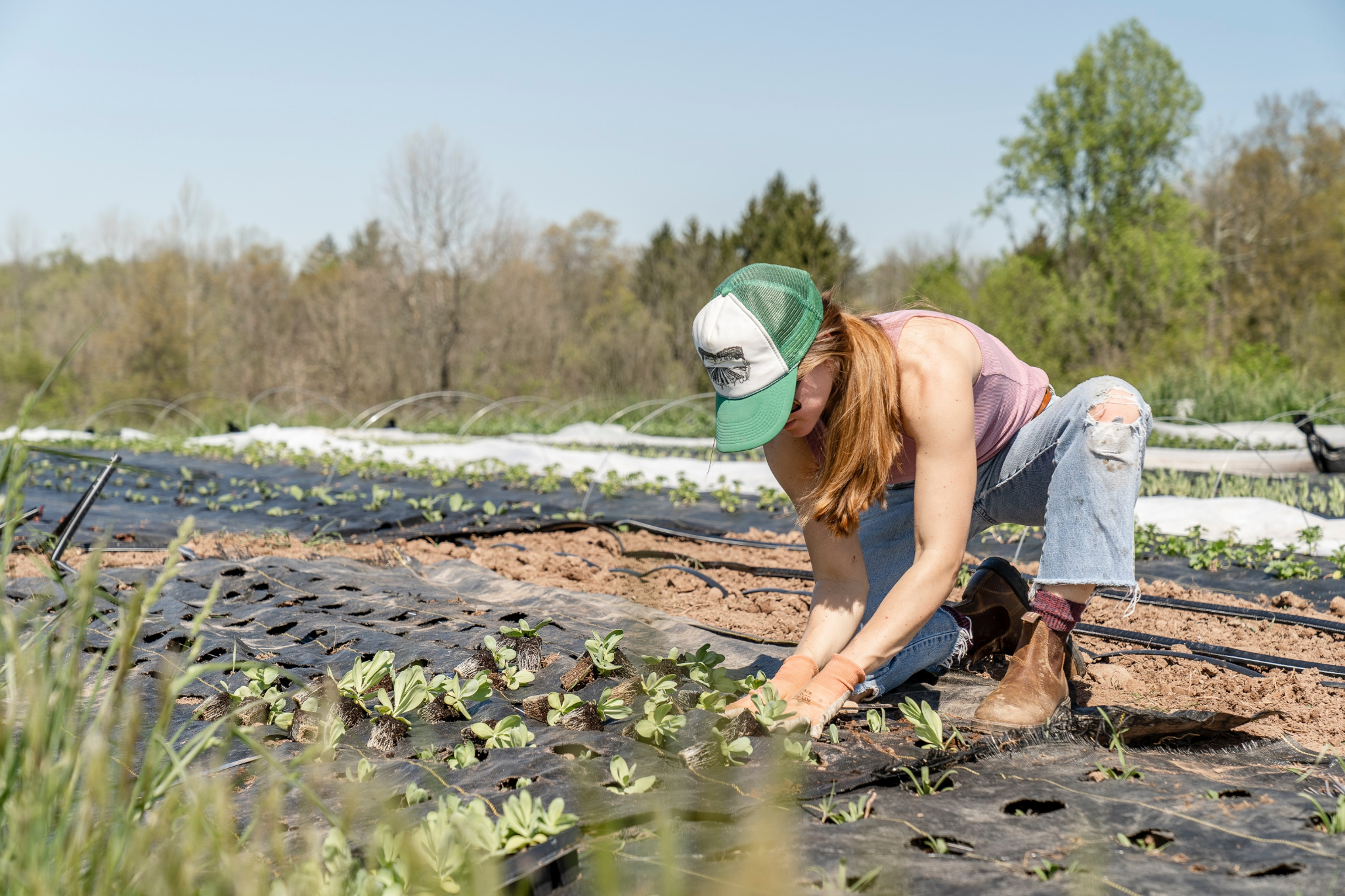|
|
Sustainable agriculture has emerged as a critical solution to address the growing challenges faced by the agricultural sector, such as environmental degradation, social inequality, and economic instability.
By adopting practices that prioritize ecological balance, social equity, and long-term profitability, sustainable agriculture offers a holistic approach to meeting the needs of the present generation without compromising the ability of future generations to meet their own needs.
In this article, we will delve into the benefits of sustainable agriculture, exploring its environmental, social, and economic advantages.
Key Takeaways:
- Sustainable agriculture practices increase biodiversity, supporting healthy ecosystems and resilient food systems.
- Sustainable livestock practices reduce environmental degradation and public health risks while improving animal welfare.
- Sustainable agriculture can lead to long-term cost savings by reducing the need for chemical inputs and expensive machinery.
- By emphasizing natural methods, sustainable agriculture reduces reliance on harmful chemicals, contributing to cleaner air and water resources.
- Sustainable farming practices are often less energy-intensive than conventional methods, reducing fuel consumption and greenhouse gas emissions.
1. Fosters Biodiversity
Biodiversity is essential for maintaining healthy ecosystems and ensuring the resilience of our food systems. Sustainable agriculture practices [internal linking to ‘Regenerative Agriculture Explained’] like crop rotation, intercropping, and planting cover crops help to increase biodiversity both above and below the soil surface.
By providing habitat for various pollinators, beneficial insects, and other wildlife, these practices contribute to the overall health of ecosystems and support the natural processes that underpin agricultural productivity.
2. Supports Sustainable Livestock Management

Sustainable agriculture also has implications for livestock management. Conventional livestock operations often involve concentrated animal feeding operations (CAFOs), which can lead to environmental degradation and public health risks due to waste runoff and antibiotic resistance.
Sustainable livestock management practices such as rotational grazing and integrated crop-livestock systems help to reduce these negative impacts while also improving animal welfare.
3. Lowers Expenses
Although sustainable agriculture practices may require higher upfront costs, they often lead to long-term cost savings by reducing the need for chemical inputs and expensive machinery. For instance, by implementing natural pest control methods, farmers can save money on pesticides.
Additionally, practices like no-till farming can save on fuel costs by reducing the need for tilling machinery.
4. Prevents Pollution
One of the primary benefits of sustainable agriculture is its ability to prevent pollution. Conventional agricultural practices often involve heavy use of chemical fertilizers and pesticides, which can lead to water and air pollution.

Sustainable agriculture, on the other hand, emphasizes the use of natural methods for pest control and soil fertility management, such as crop rotation and cover cropping.
These practices help to reduce the reliance on harmful chemicals, thus contributing to cleaner air and water resources.
5. Conserves Energy Resources
Sustainable agriculture practices are often less energy-intensive than conventional farming methods. For instance, organic farming typically requires fewer fossil fuels than in the case of conventional farming.
Additionally, sustainable farming practices like no-till farming can help to reduce fuel consumption by minimizing the need for heavy machinery use in tilling the soil.
Moreover, by promoting local food systems, sustainable agriculture can also help to cut down on transportation-related energy consumption and greenhouse gas emissions.
6. Protects Against Soil Degradation
Soil erosion is a significant environmental concern that can lead to decreased land productivity and increased sedimentation in water bodies.
Sustainable agriculture practices like cover cropping, conservation tillage, and agroforestry help to prevent soil erosion by protecting the soil surface from wind and water forces.

These practices not only improve soil health but also contribute to better water quality by reducing sedimentation in rivers and streams.
7. Bolsters Rural Communities
Sustainable agriculture practices play a vital role in enhancing economic stability for farmers and strengthening rural communities. By promoting soil health and reducing reliance on chemical inputs, these practices improve crop yields and mitigate risks associated with fluctuating input prices.
Furthermore, sustainable agriculture practices encourage farmers to diversify their income streams by incorporating value-added products or agritourism into their business models. This diversification fosters economic development and creates jobs, as small-scale diversified farms are more likely to employ local labor, thereby contributing to the local economy.
Adopting environmentally-friendly practices also makes farmers eligible for financial incentives through various conservation programs.
In addition, sustainable agriculture supports local food systems, helping to revitalize rural communities by increasing demand for local products and promoting agritourism opportunities.
9. Promotes Social Equality
Sustainable agriculture practices have the potential to promote social equality by supporting small-scale farmers and local food systems. These approaches to agriculture often prioritize fair labor practices and equitable distribution of resources, which can help to address social disparities in rural areas.
Moreover, sustainable agriculture can contribute to global food security by promoting diverse and resilient food systems that are better equipped to withstand environmental and economic challenges.
Conclusion
In conclusion, sustainable agriculture offers a wide range of environmental, economic, and health benefits that make it a crucial component of our efforts toward a more sustainable future.
By adopting sustainable farming practices, we can not only protect our precious natural resources but also build stronger rural communities, improve public health, and foster social equality.
As consumers, we can support sustainable agriculture by choosing locally-produced, organic, and sustainably-grown products whenever possible, thus contributing to the development of a more sustainable food system for generations to come.













No Comments